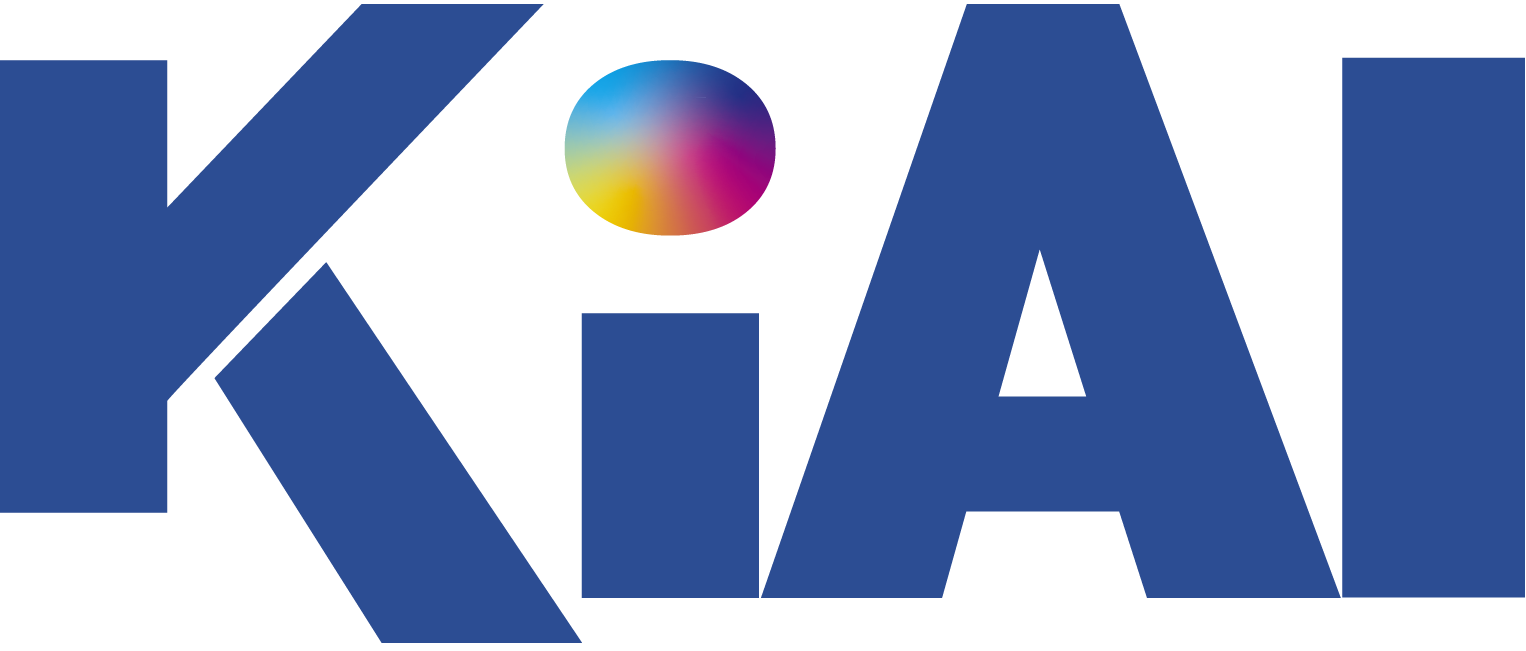The United Arab Emirates (UAE) has introduced new tariffs and fines as part of its ongoing efforts to bolster economic stability and ensure compliance with regulations. These measures are expected to have significant impacts on various sectors within the country.
- Corporate Tax Registration Deadline: UAE freelancers and sole proprietors with business revenue exceeding AED 1,000,000 in 2024 must register for corporate tax by March 31, 2025. Failure to register by the deadline will result in a AED 10,000 penalty. This applies to UAE residents and non-residents engaged in UAE business activities, including social media influencers and e-traders. Corporate tax returns are due by September 30, 2025.
-
Fines for Neglecting Public Facility Assets: Companies in Abu Dhabi face fines up to AED 4,000 for neglecting assets or equipment in public facilities. The new regulations aim to improve the city’s appearance and address health risks. Activities impacting the aesthetics of public areas, such as unlicensed building facade modifications and abandoned vehicles, are prohibited. Littering and improper cigarette disposal will also result in fines, with repeated offenses incurring the maximum penalty.
-
Impact of US Tariffs: The recent implementation of US tariffs has caused significant market disruptions. Middle East stock markets experienced substantial drops due to falling oil prices and increased US tariffs. The Dubai Financial Market (DFM) fell 6.0%, with major companies like Emaar Properties and Dubai Islamic Bank seeing significant losses. The Abu Dhabi Securities Exchange (ADX) also dropped 4%, with notable declines in stocks such as Adnoc Gas and First Abu Dhabi Bank (FAB). Analysts link these market declines to the combination of falling oil prices and new US tariffs, potentially pushing GCC growth into negative territory.
-
Resumption of UAE-Syria Flights: The resumption of direct flights between the UAE and Syria is expected to decrease air ticket prices by up to 40%. Current airfare prices to Syria are among the highest in the region due to limited seat capacity. Increased seat capacity and flight frequency from multiple airlines will create a more competitive market, gradually balancing supply and demand and lowering prices.
In summary, the UAE’s introduction of new tariffs and fines aims to enhance economic stability and regulatory compliance. The corporate tax registration deadline for freelancers and sole proprietors, fines for neglecting public facility assets, and the impact of US tariffs on the market are key measures being implemented. Additionally, the resumption of UAE-Syria flights is expected to significantly reduce airfare prices, benefiting travelers and supporting trade and goods transportation.

